A few years ago, I was chatting about Hell with a friend of one of our children. At the time he was at Oxford studying for a doctorate in theology. We were talking about Hell because he had come to the conclusion that it is empty – of humanity, at least. His reasoning was that once a dead person is confronted by God, the experience would so overwhelm him that he would be unable to do anything other than accept the salvation through Jesus that would still be on offer.
I countered with the objection that by doing this, God would be taking from us his most precious and mysterious gift: our free will. If, after death, we are not permitted to reject God, what meaning is there for those who, in life, accepted him? What of a Christopher Hitchens who saw God as a celestial dictator and wanted no part of him or his heaven? Since the friend is much cleverer than I, I also threw in a few tidbits about free-will from Dostoevsky in the hope that an appeal to authority might deliver at least a wounding blow.
He didn’t appear too wounded when he left, and I have no idea who won the argument or whether it merely ended up as an example of good disagreement. Perhaps not the latter since I privately concluded that he had succumbed to an overdose of liberal wish-fulfillment that would not serve him well outside of the foggy heights of academia.
Our encounter did illuminate one curious thing about today’s church, particularly the Anglican church. I used to think that Anglicans had altogether abandoned the transcendent, preferring to dwell in the temporal, the here and now. That isn’t quite accurate. The church has been replacing the numinous with shabby worldly substitutes for years. Sex instead of the mystical, utopia instead of heaven, socialism instead of charity.
And, of course, global warming instead of Hell.
The Diocese of Bristol and Swindon is right into the swing of things: the diocese has declared a Climate Emergency. Clergy and laity are doing their bit to save us from the fires of earthly Gehenna by brandishing signs with intense liturgical piety. You can see the fervour in their expressions.
From here:
The Diocese of Bristol and Swindon has declared a climate emergency after a unanimous vote at its last meeting.
In response to the emergency, the Diocese aims to reach net zero carbon emissions by 2030 and has an ambitious policy to help achieve this goal.
It is the first diocese in the Church of England to announce this aim, with others expected to do so over the coming months.
Bishop of Bristol Viv Faull said: “Care for God’s creation is key to our Christian faith. Climate change hits our poorest global neighbours first and worst, exacerbating migration, conflict over resources and the spread of disease.




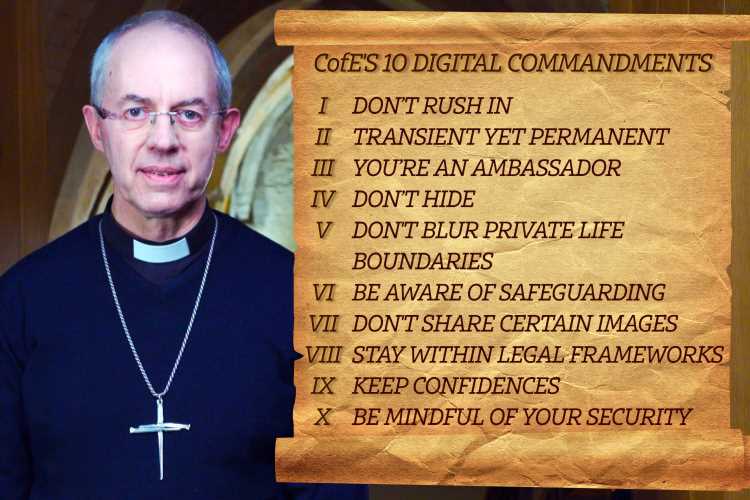
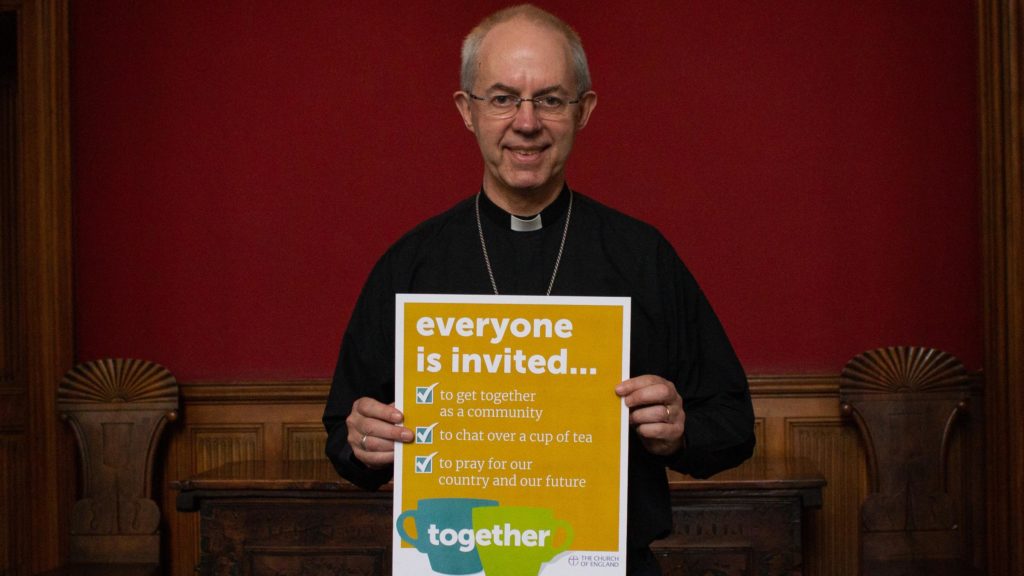 The Church of England is to host thousands of post-Brexit tea parties to heal divisions between Brexiteers and Remainers, complete with a set of “conversation starters” designed to break the ice.
The Church of England is to host thousands of post-Brexit tea parties to heal divisions between Brexiteers and Remainers, complete with a set of “conversation starters” designed to break the ice.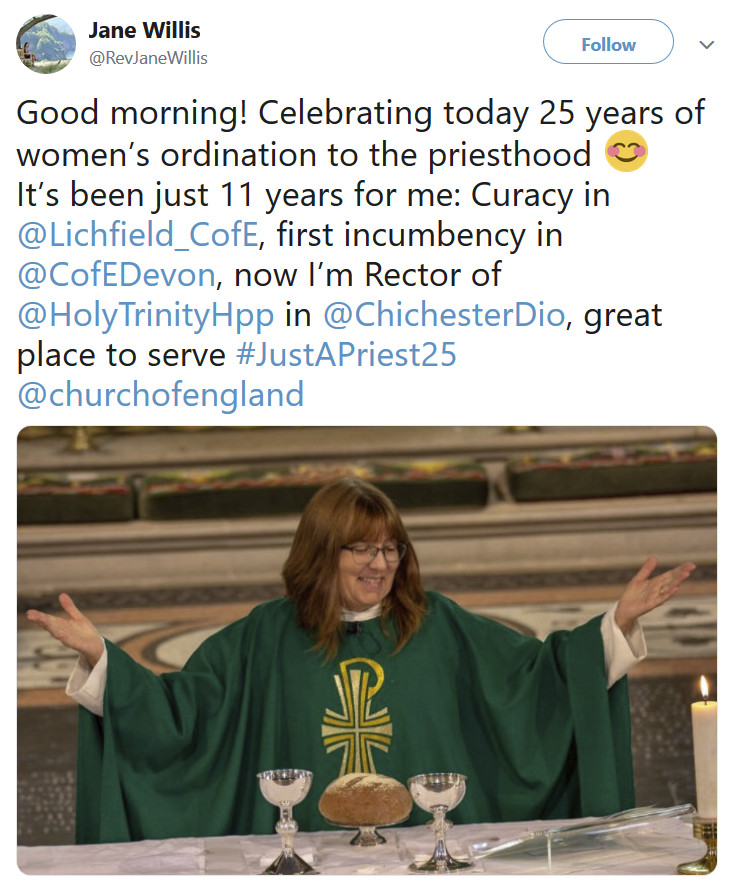
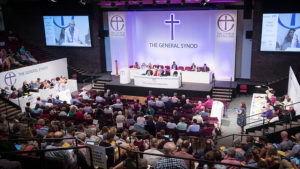 We are aware of a blog entitled ‘Church of England’s Synod may abolish Holy Trinity to include Muslims’.
We are aware of a blog entitled ‘Church of England’s Synod may abolish Holy Trinity to include Muslims’.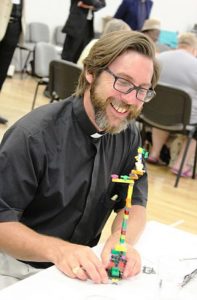 The Church of England wants to build a new future… using Lego.
The Church of England wants to build a new future… using Lego. Church of England synods, in keeping with their North American counterparts whom they seem increasingly determined to emulate, seldom tire of justifying their decisions by rubber stamping them with the approval of the “Spirit”. It is only fitting, then, that, with all this attention given to the “Spirit”, the CofE has discovered one of His (or should that be Her?) hitherto unknown Charisms, buried under centuries of ecclesiastical rubble, finally to be unearthed, dusted off and appropriated by every right thinking cleric north of the equator.
Church of England synods, in keeping with their North American counterparts whom they seem increasingly determined to emulate, seldom tire of justifying their decisions by rubber stamping them with the approval of the “Spirit”. It is only fitting, then, that, with all this attention given to the “Spirit”, the CofE has discovered one of His (or should that be Her?) hitherto unknown Charisms, buried under centuries of ecclesiastical rubble, finally to be unearthed, dusted off and appropriated by every right thinking cleric north of the equator. From
From